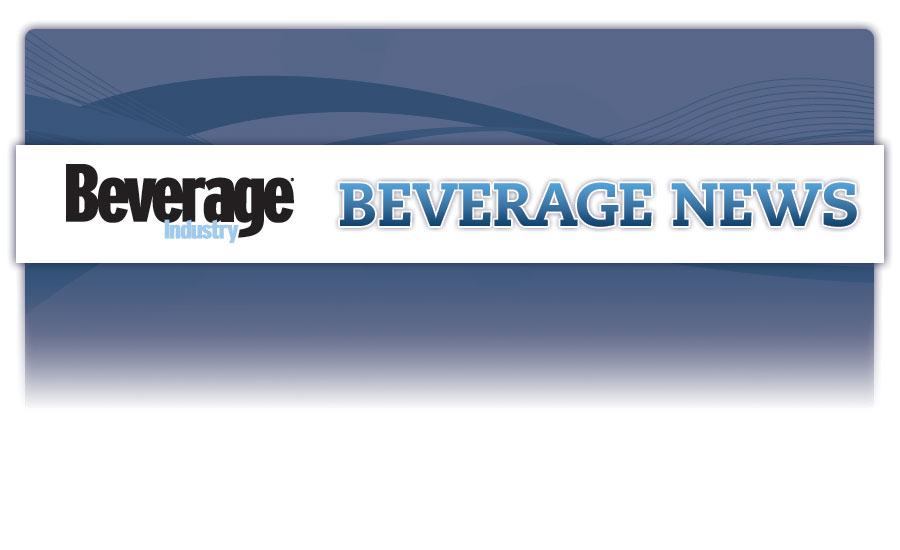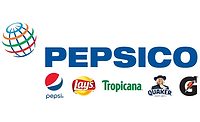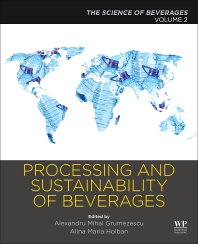PepsiCo Inc., Purchase, N.Y., has priced the company’s first ever Green Bond. The net proceeds from the $1 billion Green Bond offering will fund a series of key initiatives to advance PepsiCo’s sustainability agenda, it says. The company also announced that it has named PepsiCo leader Simon Lowden as its first chief sustainability officer. In this new role, Lowden will be responsible for leading PepsiCo’s Sustainability Office.
“PepsiCo is deeply committed to using our scale for good and advancing the purpose behind our sustainability agenda: to help build a more sustainable food system,” said Ramon Laguarta, PepsiCo chairman and chief executive officer, in a statement. “Issuing a bond focused on environmental sustainability reflects our deep commitment to the priorities laid out in our recent Sustainability Report and represents another step in our plan to become a faster, stronger, better company. As chief sustainability officer, Simon will play a critical role in this effort, and I am thrilled he has agreed to take on such an important responsibility.”
In September, PepsiCo released its 2018 Sustainability Report, which outlined six priority areas where the company believes it can make the best contribution — agriculture, water, packaging, products, climate and people — along with eight ambitious and measurable goals. The following eligible categories for the use of the Green Bonds net proceeds are aligned with these priorities and the U.N. Sustainable Development Goals (SDGs):
- Sustainable Plastics and Packaging: PepsiCo has a new target to reduce 35 percent of virgin plastic content across its beverage portfolio by 2025.
- Decarbonization of Operations and Supply Chain: PepsiCo has set a goal of reducing absolute greenhouse gas emissions across its value chain by
- 20 percent by 2030, from a 2015 baseline.
- Water Sustainability: By 2025, in high water-risk areas, PepsiCo aims to replenish 100 percent of the water it consumes in its manufacturing operations and improve its operational water-use efficiency. BI








